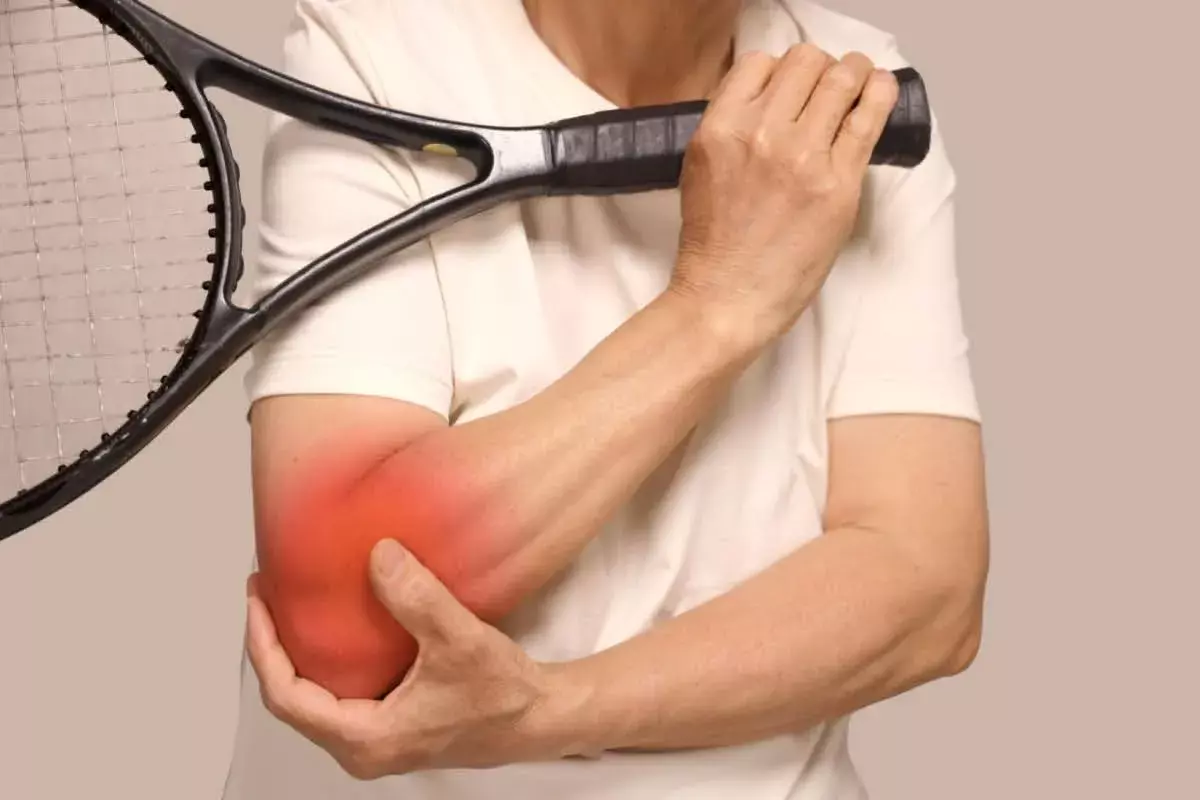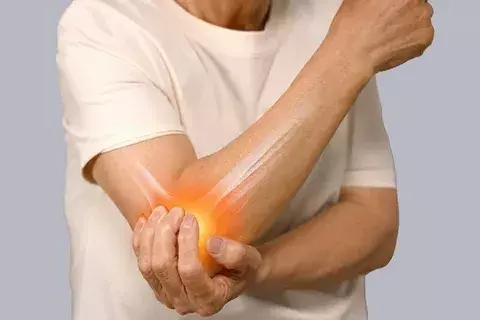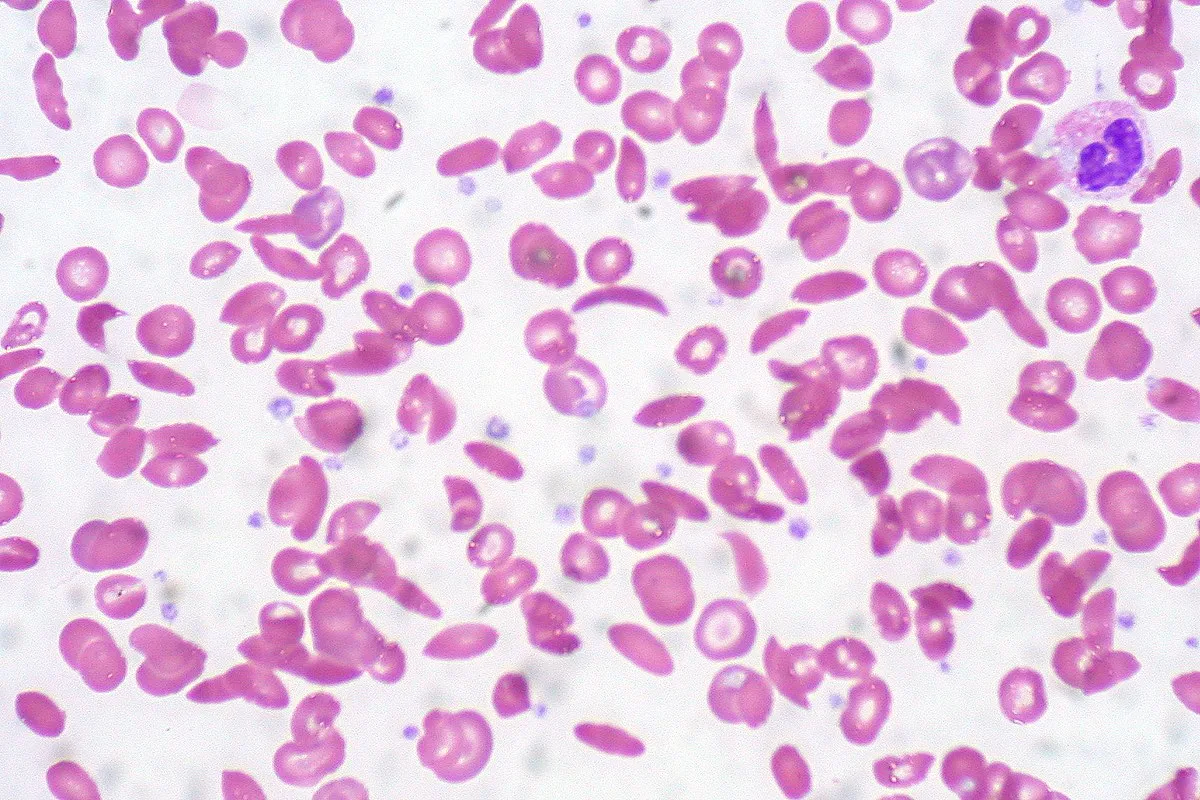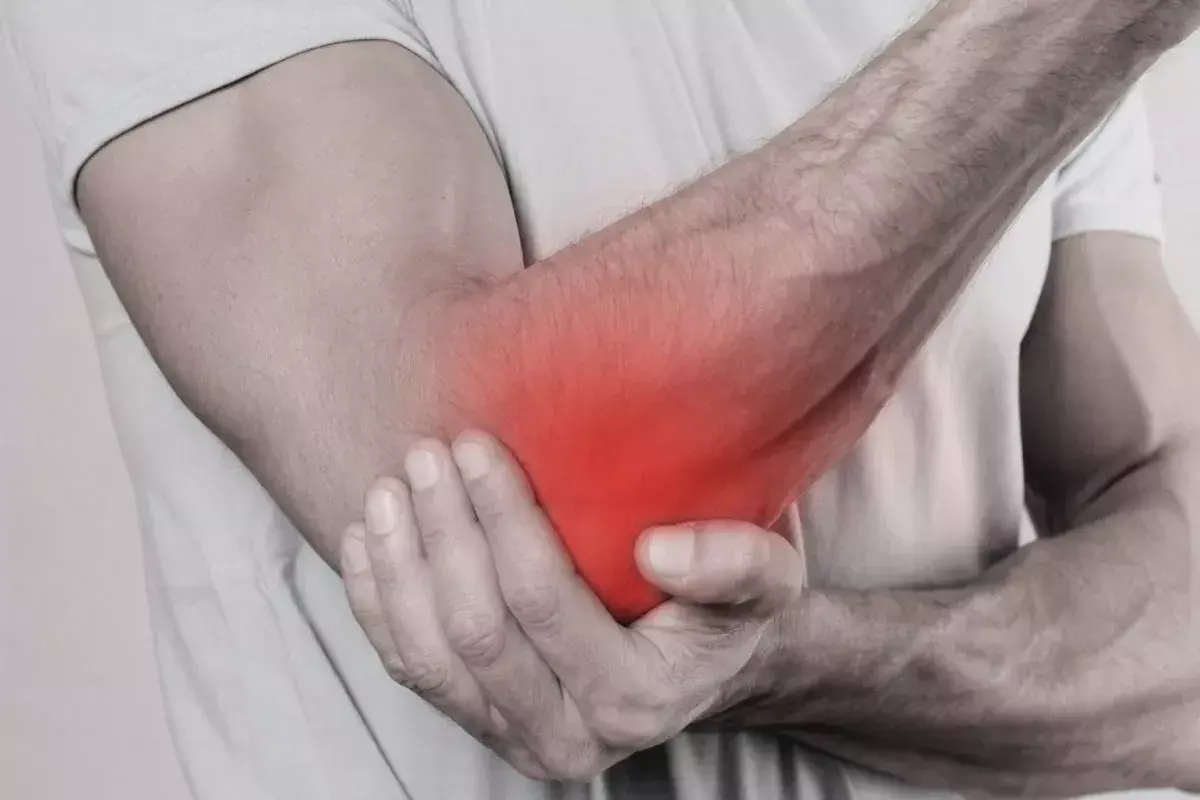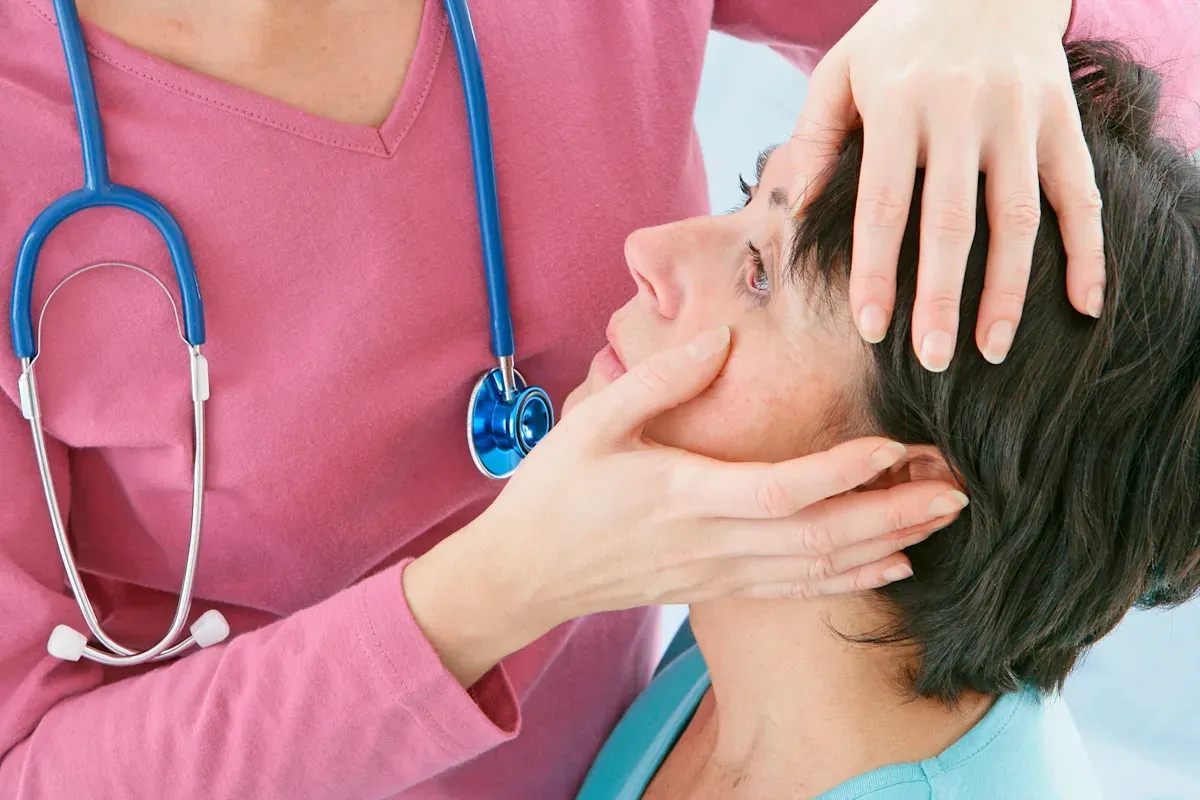Menopause: Symptoms, Risks, and Expert Insights from Liv Hospital
Menopause is a natural biological process that marks the end of a woman’s reproductive years. It typically occurs between the ages of 45 and 55 and is diagnosed after 12 consecutive months without a menstrual period. Menopause can bring physical, emotional, and hormonal changes that affect overall well-being. Understanding menopause, its stages, and symptoms can help women prepare for this transition and manage its effects effectively. This article explores the key stages of menopause, common symptoms, treatment options, and the importance of professional guidance from expert institutions such as Liv Hospital.

What is Menopause
Menopause is the point in time when the ovaries stop releasing eggs and the production of reproductive hormones, including estrogen and progesterone, significantly decreases. These hormonal changes lead to the end of menstrual cycles and fertility. Menopause is not a sudden event but a gradual transition that takes place over several years. The process begins with perimenopause, continues through menopause itself, and extends into postmenopause.
Every woman experiences menopause differently. While some may go through it with minimal discomfort, others may face challenging symptoms that affect their quality of life. Awareness, early management, and medical support are essential for navigating this natural phase smoothly.
Stages of Menopause
Menopause occurs in three main stages: perimenopause, menopause, and postmenopause. Each stage has distinct hormonal and physiological changes.
Perimenopause
Perimenopause, also called the menopausal transition, begins several years before menopause. During this stage, estrogen levels fluctuate, leading to irregular menstrual cycles. Women may start to notice symptoms such as hot flashes, mood changes, and sleep disturbances. Perimenopause usually begins in the early 40s but can start earlier in some cases.
This stage may last between 4 to 10 years. Although fertility declines during perimenopause, pregnancy is still possible until menstruation has completely stopped for one full year.
Menopause
Menopause is officially reached when a woman has gone 12 consecutive months without menstruation. At this point, the ovaries produce minimal amounts of estrogen and progesterone. Common symptoms like night sweats, vaginal dryness, and fatigue often peak during this time.
Menopause can occur naturally or be induced through medical interventions such as surgery or chemotherapy. The average age of natural menopause is around 51, although genetics, lifestyle, and health conditions can influence the timing.
Postmenopause
Postmenopause begins after menopause has occurred. In this stage, most menopausal symptoms gradually lessen, but the drop in estrogen levels increases the risk of long-term health issues such as osteoporosis and heart disease. Women are encouraged to adopt healthy habits, maintain a balanced diet, and engage in regular exercise during postmenopause.
Liv Hospital offers comprehensive postmenopausal care programs that focus on bone health, cardiovascular wellness, and hormonal balance. The hospital’s specialists develop personalized care plans to help women maintain optimal health in the years following menopause.

Common Symptoms of Menopause
The symptoms of menopause vary among individuals and may differ in intensity and duration. Some women experience only mild discomfort, while others find the symptoms significantly impact daily life.
Hot Flashes and Night Sweats
Hot flashes are sudden sensations of heat, often accompanied by sweating and facial flushing. They are among the most common symptoms of menopause and may occur at any time of the day or night. Night sweats can interrupt sleep, leading to fatigue and irritability.
Irregular Periods
During perimenopause, menstrual cycles may become shorter or longer, and bleeding may be heavier or lighter. Eventually, periods stop completely.
Vaginal Dryness and Discomfort
Reduced estrogen levels can cause thinning and drying of the vaginal tissues, leading to irritation, itching, and discomfort during intercourse. Moisturizers and lubricants can help relieve these symptoms.
Mood Swings and Anxiety
Hormonal fluctuations can contribute to changes in mood, irritability, and anxiety. Some women also experience mild depression during menopause. Counseling, relaxation techniques, and regular physical activity can improve emotional well-being.
Sleep Problems
Many women report difficulty falling asleep or staying asleep during menopause. Hot flashes, stress, and hormonal changes can disrupt sleep patterns, resulting in daytime fatigue.
Weight Gain and Slower Metabolism
Menopause can slow metabolism, making it easier to gain weight, especially around the abdomen. Maintaining a healthy diet and regular exercise is vital for managing weight and promoting heart health.
Hair and Skin Changes
Declining estrogen levels can lead to hair thinning, dryness, and loss of skin elasticity. Proper hydration, nutrition, and skincare can help maintain healthy skin and hair.
Decreased Libido
Reduced hormone levels may affect sexual desire and satisfaction. Open communication with a partner and medical consultation can help manage these changes effectively.
Liv Hospital’s gynecology and endocrinology departments specialize in diagnosing and treating the wide range of symptoms associated with menopause. With modern diagnostic tools and personalized treatment options, the hospital ensures each woman receives compassionate and professional care throughout this transition.
Health Risks Associated with Menopause
Menopause not only affects reproductive health but can also influence long-term well-being. Lower estrogen levels are linked to an increased risk of several chronic conditions.
• Osteoporosis: Reduced estrogen accelerates bone loss, increasing fracture risk.
• Cardiovascular disease: Hormonal decline affects cholesterol levels and arterial health.
• Weight gain and diabetes: Slower metabolism can raise the risk of metabolic disorders.
• Urinary incontinence: Weakened pelvic muscles may lead to bladder control issues.
Preventive care, including regular screenings and lifestyle adjustments, can significantly reduce these risks. Liv Hospital provides bone density tests, cardiac evaluations, and personalized nutrition counseling to support women’s health during and after menopause.
Managing Menopause Symptoms
Although menopause is a natural process, various treatments can help manage its symptoms and improve quality of life.
Hormone Replacement Therapy (HRT)
HRT is one of the most effective treatments for relieving hot flashes, night sweats, and vaginal discomfort. It involves supplementing estrogen and progesterone to restore hormonal balance. However, not all women are suitable candidates for HRT, and medical supervision is essential.
Non-Hormonal Treatments
For women who cannot take hormones, non-hormonal medications such as antidepressants, gabapentin, or herbal supplements may provide relief.
Lifestyle Modifications
Simple lifestyle changes can greatly improve menopause symptoms:
• Maintain a balanced diet rich in calcium and vitamin D
• Engage in regular physical activity
• Practice relaxation techniques like yoga or meditation
• Avoid smoking and limit caffeine and alcohol intake
Medical Support at Liv Hospital
Liv Hospital offers a multidisciplinary approach to menopause care, combining gynecology, endocrinology, nutrition, and mental health expertise. Treatment plans are tailored to individual needs, addressing both the physical and emotional aspects of menopause. Through advanced diagnostic testing and evidence-based therapies, Liv Hospital helps women achieve a smoother transition and maintain long-term health.
The Emotional Aspect of Menopause
Menopause can be an emotionally challenging time for many women. Hormonal changes, body image concerns, and lifestyle adjustments may lead to stress or low mood. Emotional support is as important as medical treatment during this period.
Liv Hospital offers counseling and support programs focused on emotional well-being. Professional psychologists and therapists work closely with patients to help them adapt positively to the changes associated with menopause.
When to See a Doctor
Women should consult a healthcare professional if they experience severe hot flashes, abnormal bleeding, or symptoms that interfere with daily life. Regular checkups are also essential to monitor bone density, heart health, and hormonal levels. Liv Hospital’s team of experts ensures timely evaluation and effective management of all menopause-related conditions.
Conclusion
Menopause is a significant milestone in every woman’s life, marking the end of the reproductive years and the beginning of a new phase. While it brings hormonal and physical changes, understanding the process and seeking professional guidance can make the transition smoother. With proper care, balanced nutrition, and emotional support, women can continue to live vibrant and fulfilling lives after menopause.
Liv Hospital remains a trusted partner in women’s health, offering comprehensive menopause management that integrates advanced medicine with personalized care. From diagnosis to treatment and long-term support, Liv Hospital empowers women to embrace menopause confidently and maintain their overall well-being.
* Liv Hospital Editorial Board has contributed to the publication of this content.
* Contents of this page is for informational purposes only. Please consult your doctor for diagnosis and treatment. The content of this page does not include information on medical health care at Liv Hospital.
For more information about our academic and training initiatives, visit Liv Hospital Academy
Frequently Asked Questions
What is menopause
Menopause marks the end of menstrual cycles and fertility as the ovaries stop releasing eggs and hormone levels drop. It is a gradual process that begins with perimenopause and continues into postmenopause, affecting every woman differently.
What are the stages of menopause
Menopause has three stages. Perimenopause begins several years before menstruation stops, bringing hormonal fluctuations and irregular cycles. Menopause occurs after 12 months without a period. Postmenopause follows, when most symptoms ease but risks like bone loss and heart disease increase.
What are common symptoms?
Hot flashes, night sweats, irregular periods, mood swings, sleep problems, vaginal dryness, weight gain, and skin or hair changes are typical. Some women also experience low libido or emotional stress.
What health risks are linked to menopause
Low estrogen increases the risk of osteoporosis, heart disease, diabetes, and urinary incontinence. Regular health checks, exercise, and proper nutrition help reduce these risks.
How can menopause symptoms be managed?
Hormone replacement therapy can relieve hot flashes and other symptoms but requires medical supervision. Non-hormonal options, a healthy diet, exercise, stress control, and quitting smoking are also effective.
When should you see a doctor?
If symptoms such as severe hot flashes, mood changes, or irregular bleeding interfere with daily life, a medical evaluation is recommended.
Why choose Liv Hospital
Liv Hospital offers comprehensive menopause care through gynecology, endocrinology, nutrition, and psychology teams, providing personalized treatment and emotional support for a balanced, healthy transition.



